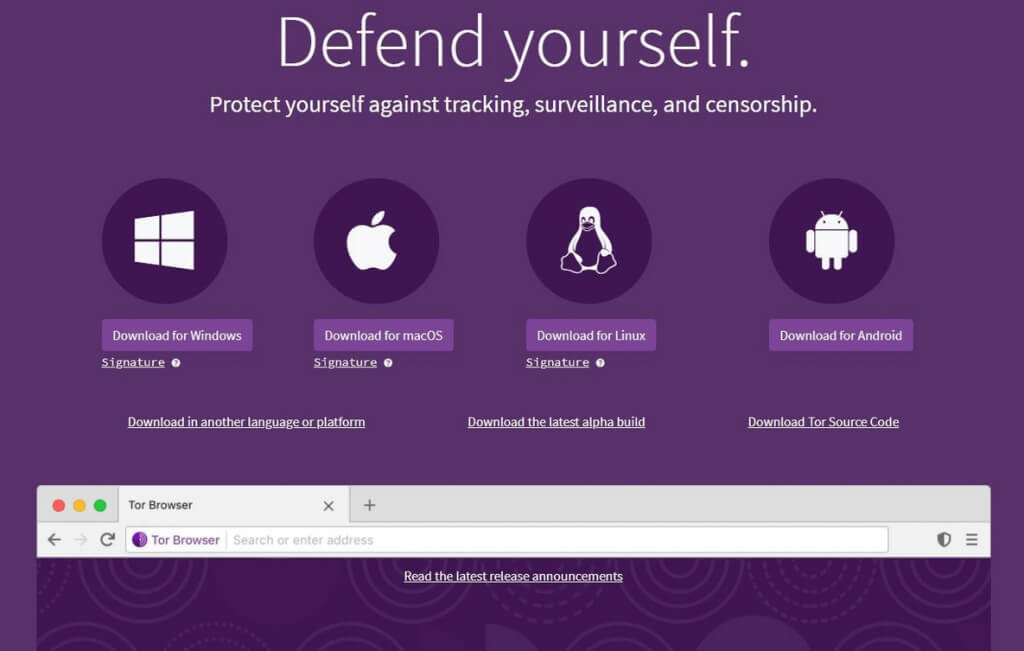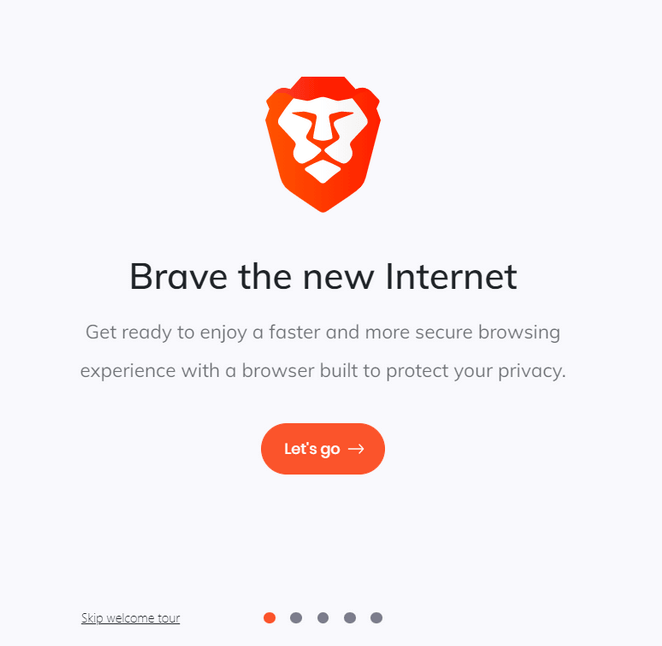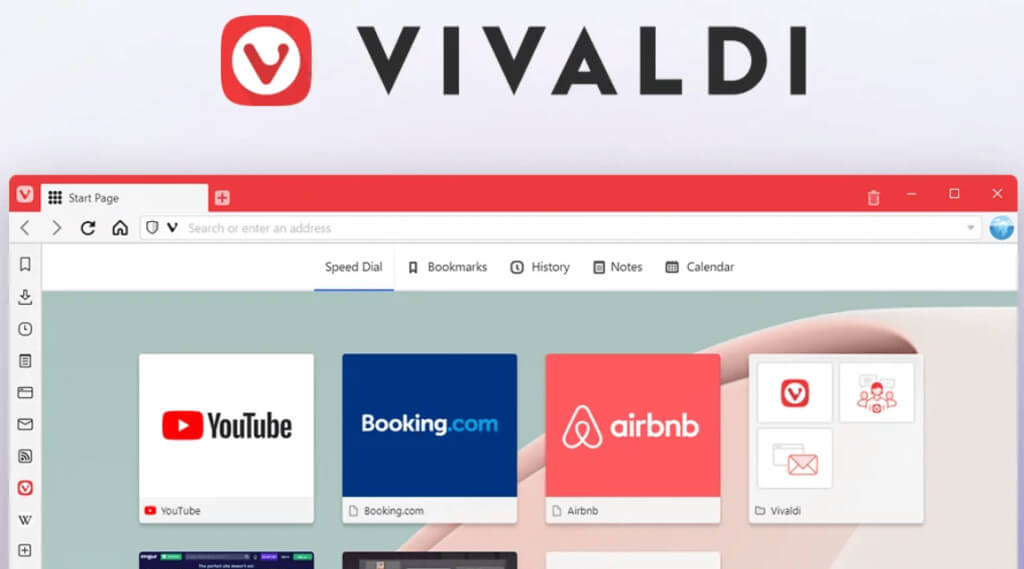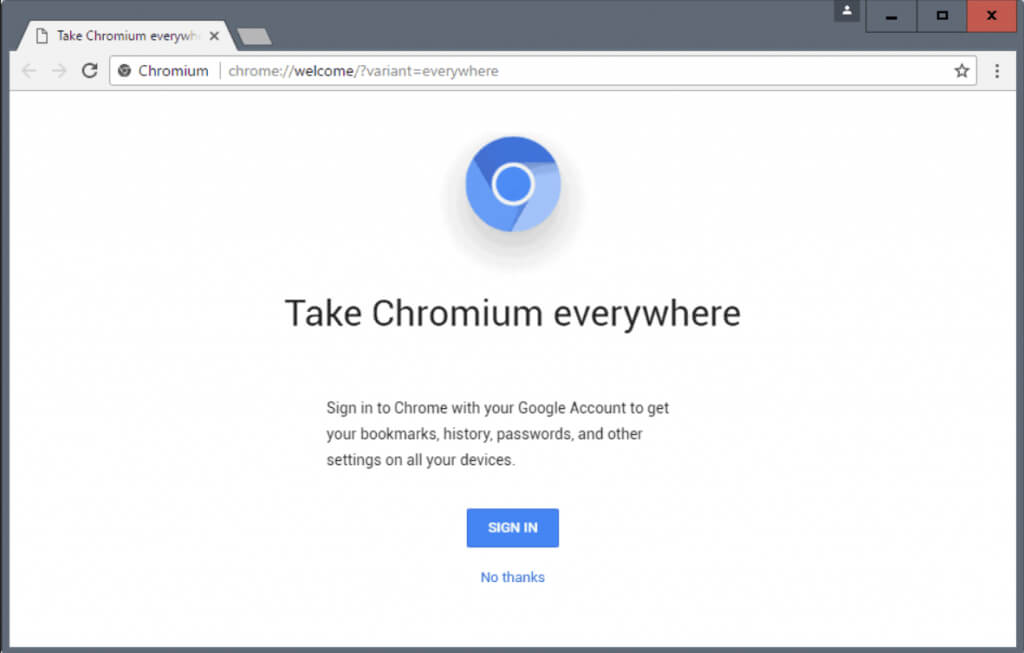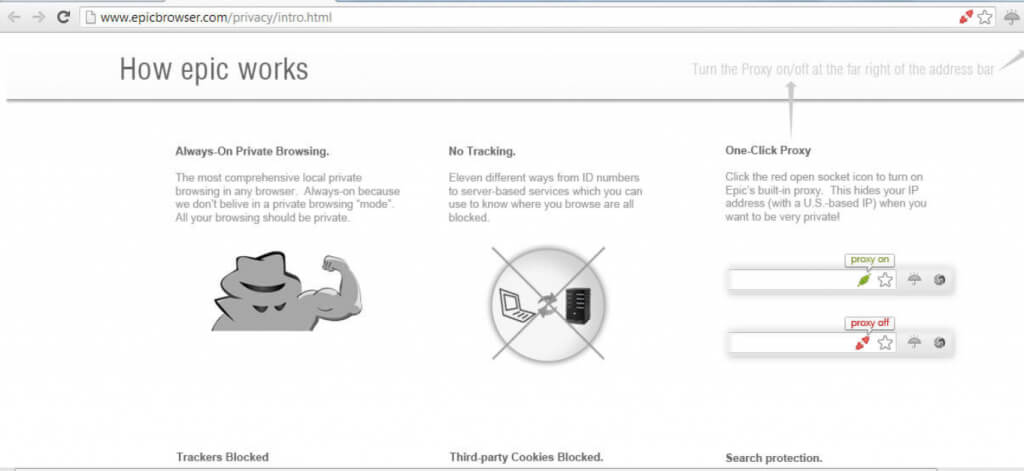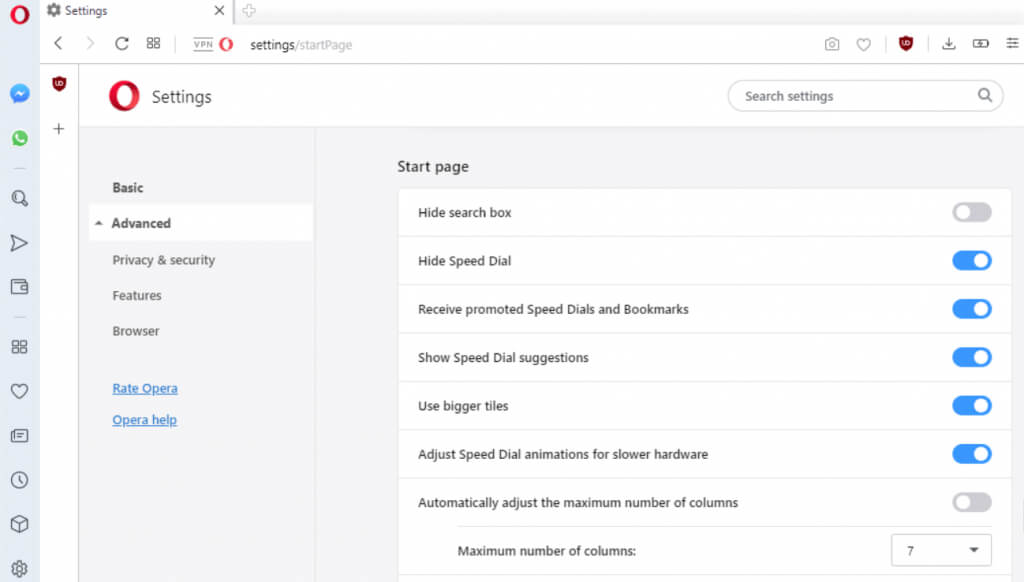Everyone wants their hands on your data
Many people aren’t concerned about their online privacy. But hackers, corporations, and governments track your online activity and collect your personal information. Surfing the internet anonymously is challenging so let’s talk about the best web browsers for privacy and security.
Mainstream browsers like Google Chrome and Microsoft Edge are known to record user data and track activity. Instead, you should use one of the many alternative browsers out there. So let’s explore the best options for all your devices.
What Makes a Browser Private and Secure?
There are several features you should be looking for in a browser to make sure you choose the best option. Here are the most important ones:
1. Adblocker. A good adblocker is a must. Although you can always install one as an add-on, it’s even more convenient when a browser already has it built-in.
2. Fingerprinting protection. Believe it or not, some websites use browser fingerprinting to track you and your online activities. This way they can gather information about you without using cookies. There are private browsers out there that offer fingerprinting protection.
3. Auto delete cookies. This feature is not available in all browsers, but you can always install an auto cookie removal extension for browsers. This feature deletes all the cookies from websites and apps you visited, as soon as you close your browser.
4. Customizability. Some browsers have various privacy features and the helpful option to customize them. Tweaking your browser’s privacy to your liking will allow you to be flexible if needed. It will also influence the speed of your browser.
5. HTTPS Everywhere. HTTPS websites are the most secure out there and you will often be advised to access only those. The private browsers that have the HTTPS Everywhere feature will always connect you to the safest version of the website you are looking at.
6. Open source. Your browser doesn’t need to be open-source, but those that offer better browser security and privacy. If you are into programming, open-source browsers will allow you to inspect their code and search for vulnerabilities or bugs on your own.
7. Cross-device privacy. Not all privacy browsers run on multiple platforms. If you want one that does, you should search for cross-device functionality. Such browsers will allow you to share tabs, web pages, and even bookmarks between your PC, smartphone, or tablet. They will also offer the same level of privacy and security on all devices.
Best Privacy-Focused Browsers
Find the most private and secure browser that comes with built-in privacy features. Check our choices below and let us know which one you consider the best.
1. Tor
Tor is infamous for being used to browse the dark web. But don’t be scared; you can also use Tor to browse the surface web just like any other browser.
Tor encrypts all your internet traffic and keeps your activity private. Even ISPs can only see that you’re connecting through the Tor network without having access to your browsing history. Tor uses three nodes where each node can only decrypt a part of the traffic. However, this complicates the connection between the nodes and influences the browser’s speed. As a result, it can sometimes be slower than other browsers.
The Tor browser focuses on privacy but could do better on security features. It will block some of the plug-ins you might want to install and doesn’t have anti-malware protection. The privacy settings are not easy to understand, and it is best not to change them unless you are an experienced Tor user.
The Tor browser is available for Windows, Linux, and macOS.
2. Brave
A Chromium-based browser, Brave is very light but offers many interesting privacy features. Besides a built-in ad blocker, it also has an integrated password manager that will allow you to keep all your online accounts safe. Brave also features one-click fingerprinting, tracking protection, and a script blocker.
Although Brave is an open-source browser, some people don’t trust its Chromium base as Google develops it. The Brave browser also gives the advantage to the ads that bring profit to Brave itself rather than to the websites you visit.
Brave was also in the news for automatically finishing URLs that led to cryptocurrency websites through their affiliate links. This means that Brave was directly earning from certain websites, raising the question of how reliable the browser is. This is not a privacy breach per se, but it is an issue with Brave’s transparency.
Brave is available for Windows, Linux, macOS, iOS, and Android.
3. Mozilla Firefox
Mozilla Firefox is a popular mainstream browser that is lightweight and convenient due to its easy-to-use design. It is also an open-source browser, and over the years, its code has been thoroughly investigated by various programmers and enthusiasts. So far, they haven’t found any doggy code lines that would jeopardize privacy.
Firefox’s private browsing mode includes phishing, malware, anti-fingerprinting, and tracking protection. But to be completely private, Firefox users should always turn off the telemetry function as it sends your data to Mozilla. This is easily done as the browser offers detailed customization.
Mozilla Firefox is available for Windows, Linux, macOS, iOS, and Android.
4. DuckDuckGo
DuckDuckGo is a search engine with a stand-alone browser for mobile phones. The PC browser is in development, and PC users are eagerly waiting for it. The company has not yet published plans to deal with privacy issues like fingerprinting. Still, users trust them because of their DuckDuckGo Privacy Essentials extension that you can already install on your web browser.
This extension will turn your regular browser into a privacy-focused one. It forces all websites you visit to use their HTTPS version if available. Through it, the DuckDuckGo Privacy Essentials establishes an encrypted connection with the websites and allows you to see their privacy scores.
DuckDuckGo is available for Android and iOS as a browser and as an extension for desktop browsers regardless of the operating system.
5. Vivaldi
Vivaldi is another Chromium-based browser with lots of privacy features. It also lets you have multiple default search engines with different privacy and security settings. This is handy if you want to set up both regular and private browser modes. Each can have different settings.
Vivaldi fends off the keylogger by disabling the idle Application Programming Interface (API). That means that the websites will not be able to ask you for permission to use API, known for being abused for behavioral tracking. Moreover, Vivaldi will provide you with a backup encryption key if you lose or forget your encryption password.
Vivaldi is available for Windows, Linux, macOS, iOS, and Android.
6. Chromium
Chromium is an open-source web browser with its source code available to everyone. But this is probably why Chromium is not as user-friendly a browser as Google Chrome. You will have to do a lot of manual customization to make it run smoothly and to your liking.
Chromium has the most frequent updates. A new one is released almost every day! This is a fantastic feature that will prevent any privacy vulnerabilities. However, all update installations have to be performed manually. This is what puts people off when it comes to Chromium. To maintain privacy and stay secure, you have to search for updates and install them actively.
Chromium is available for Windows, Linux, macOS, and Android.
7. Epic
The Epic browser comes with all its privacy features turned on by default. It will automatically block ads, cookies, and trackers. Its default search engine is DuckDuckGo. But that doesn’t mean you can’t change the settings of Epic. You can, but always at the expense of privacy and security.
Epic is standing firm behind its privacy and security focus. This browser has no spell-check, auto-fill, or auto-syncing. It also doesn’t allow the installation of plug-ins. It doesn’t store your browser history or log-in details either. It also blocks RTC calls so your IP address is never revealed.
Epic is one of the best browsers for privacy out there, but it might be too restrictive and difficult to use. This browser is also Chromium-based and since Google developed Chromium, there is no 100% guarantee it’s completely safe.
Epic is available for Windows and macOS.
8. Iridium
Iridium isn’t the most popular browser out there, but it offers solid privacy features. This browser will block all third-party cookies, purge the website data after it’s closed, has no telemetry, and doesn’t store your passwords by default. Iridium allows public access to its Git repositories so anyone can check on them.
Being Chromium-based, Iridium is compatible with most Chrome browser extensions, but their installation might influence the privacy and security of the browser. There are some compatibility issues with plugins when certain websites are opened.
Iridium has irregular updates, and they have to be installed manually. This cumbersome task puts off many users.
Iridium is available for Windows, macOS, and Linux.
9. Apple Safari
Safari is a well-known internet browser developed by Apple. It is also performing well when it comes to privacy and security. In the private mode, DuckDuckGo is its default search engine. It also boasts machine learning privacy protection and anti-fingerprinting options. The fact that it runs each tab in a separate sandbox, so your data is protected from malicious codes designed to access it.
Safari based its rendering engine on an open-source WebKit framework. But the rest of the browser uses closed-code, and anything could be hidden within it. This doesn’t make Apple Safari the most reliable privacy option out there. After all, Apple was already amidst controversy when it was discovered that it collects its users’ browser history.
Available for macOS and iOS.
10. Opera
Opera seems like a good choice for people concerned with their security. However, when it comes to privacy, it sometimes falls short. It comes with a free built-in VPN. Although this is not the best thing for privacy, the Opera developers state that theirs is a no-logging VPN. This is a feature you should always look for when you are choosing a VPN, paid or free.
What they don’t say is that Opera doesn’t have a real VPN but a proxy that will work only in the browser. That means that your IP address won’t be cloaked at all times.
Opera has built-in ad and tracker blocks that are turned on by default. However, it doesn’t have anti-fingerprinting protection. That is not a problem when you turn on its VPN proxy feature, as it will create a nearly unique fingerprint. This should be good enough protection against data collection.
Available for Windows, macOS, Linux, and Android platforms.
Enjoy Private Browsing
Everyone from companies to government agencies is after your data. Unfortunately, surfing in incognito mode won’t give you a private web browsing experience. Web browsers collect tons of information through cookies, trackers, ads, and your IP address. If you want to avoid Big Brother, start using one of the private web browsers on this list.
That said, a private browser isn’t enough for complete privacy protection. You should also start using anonymous email services and a reliable VPN service. Finally, hide the digital breadcrumbs you leave behind and keep your browsing history to yourself.



